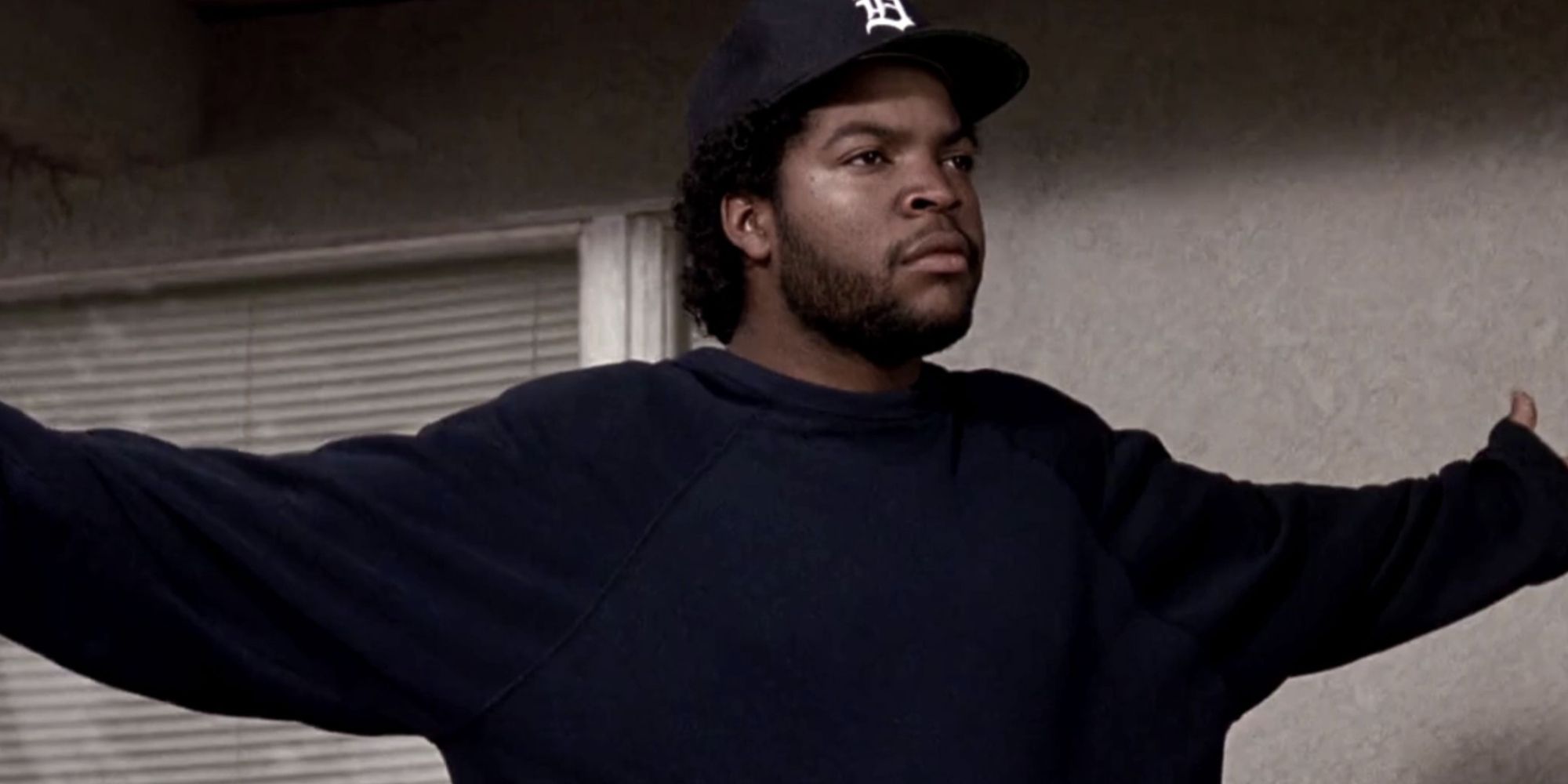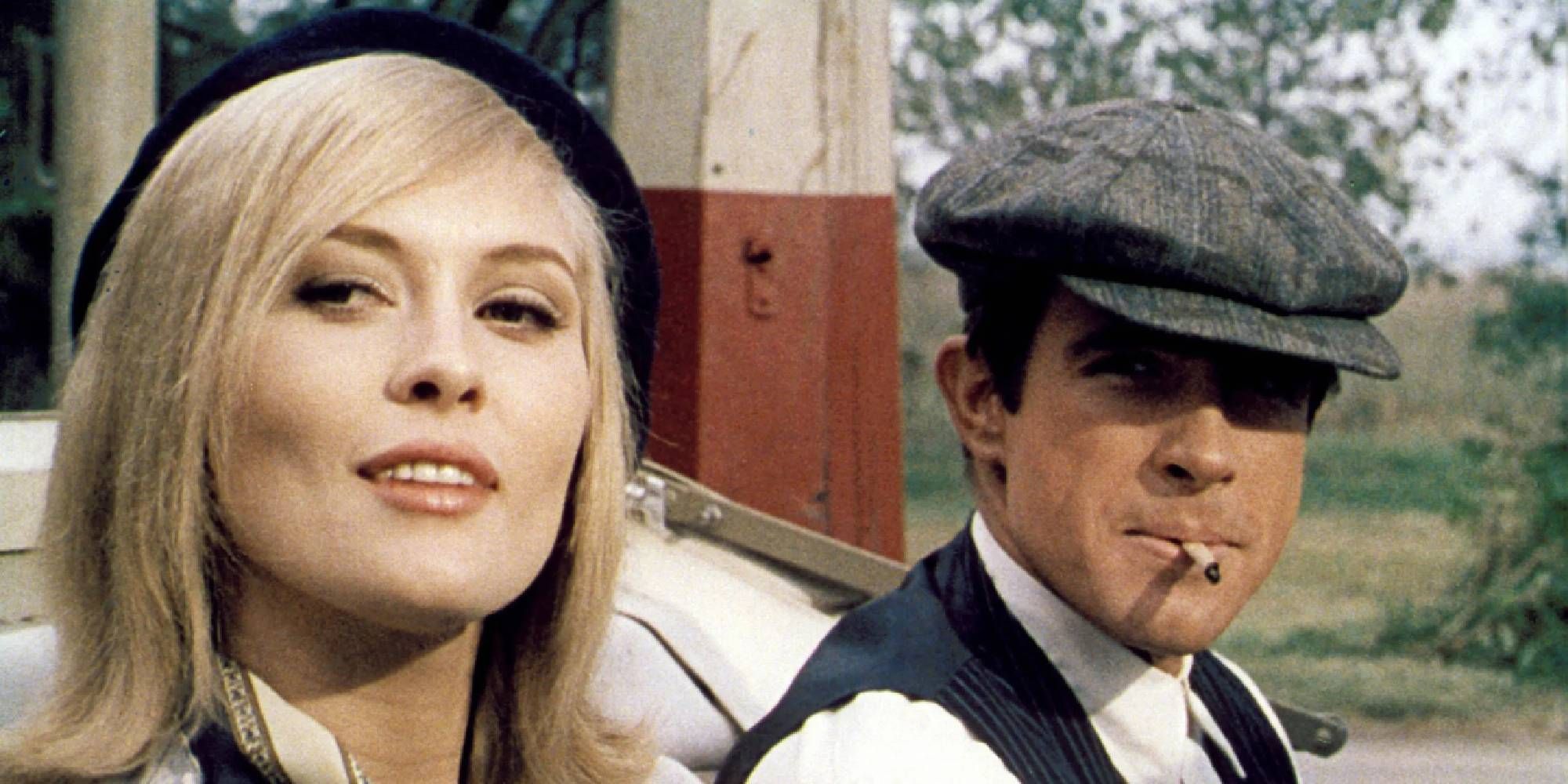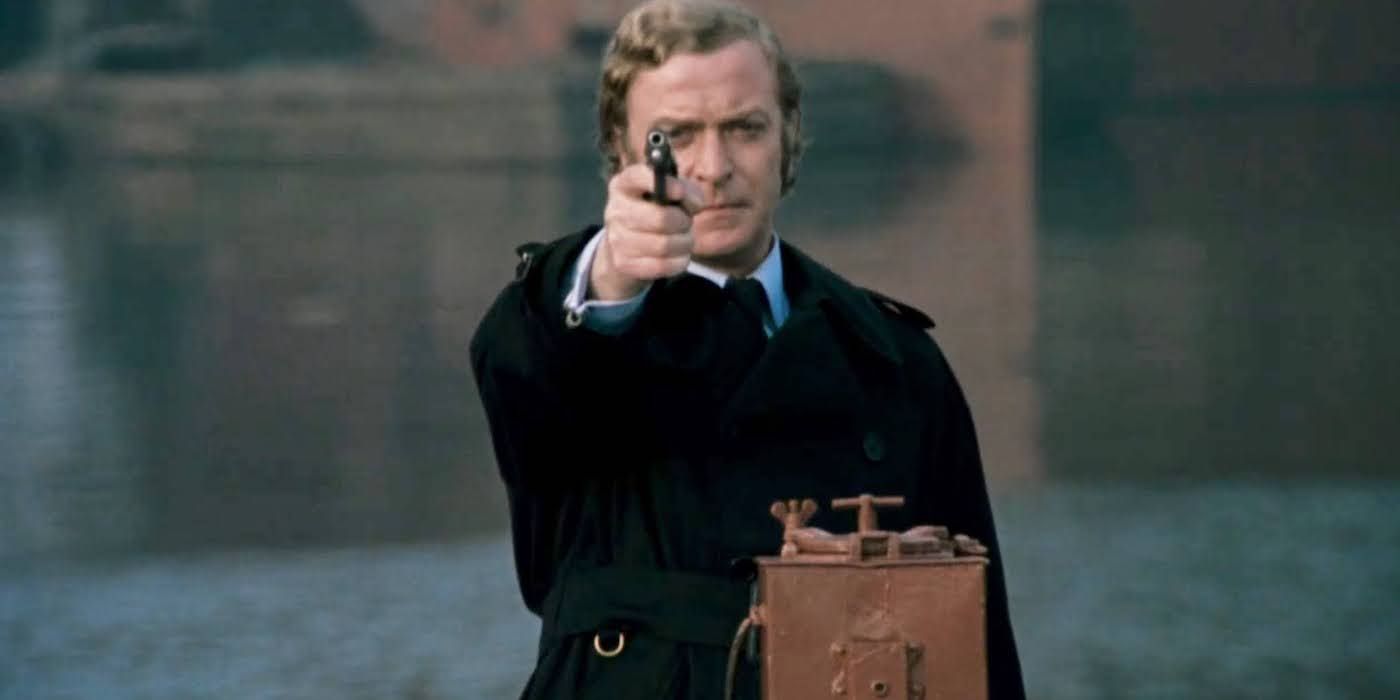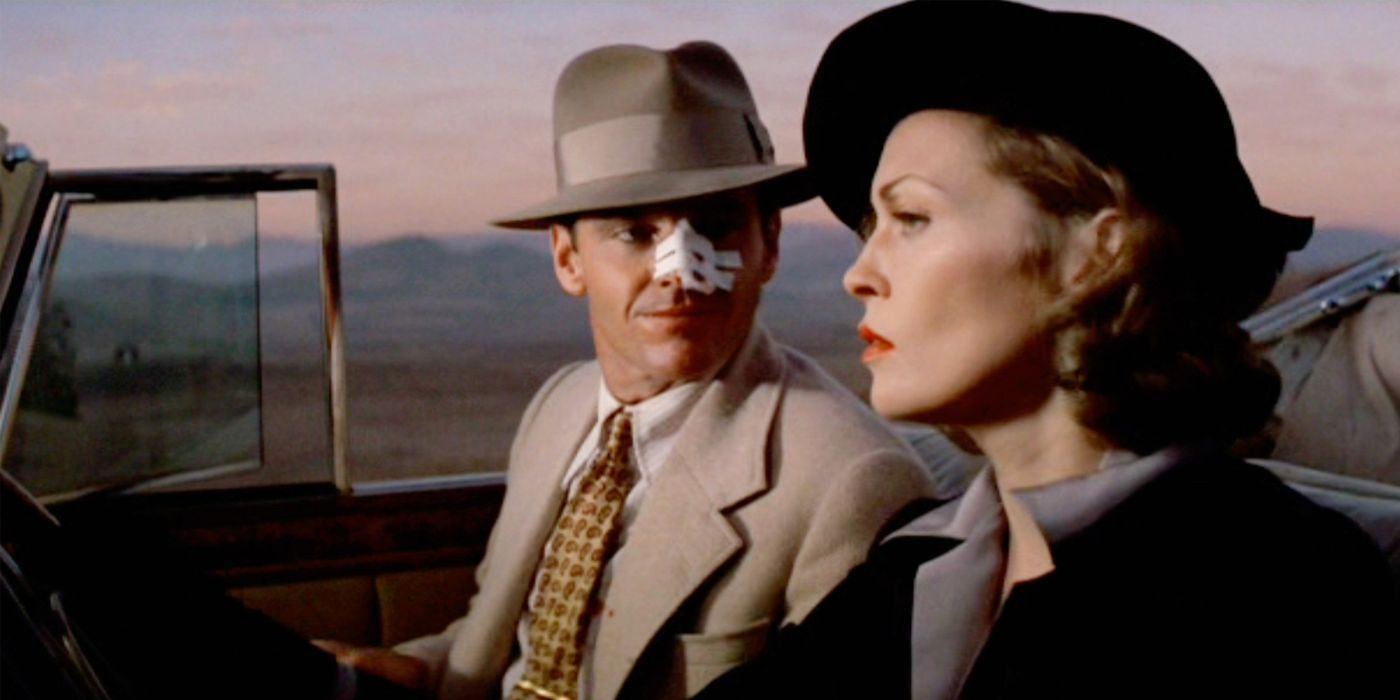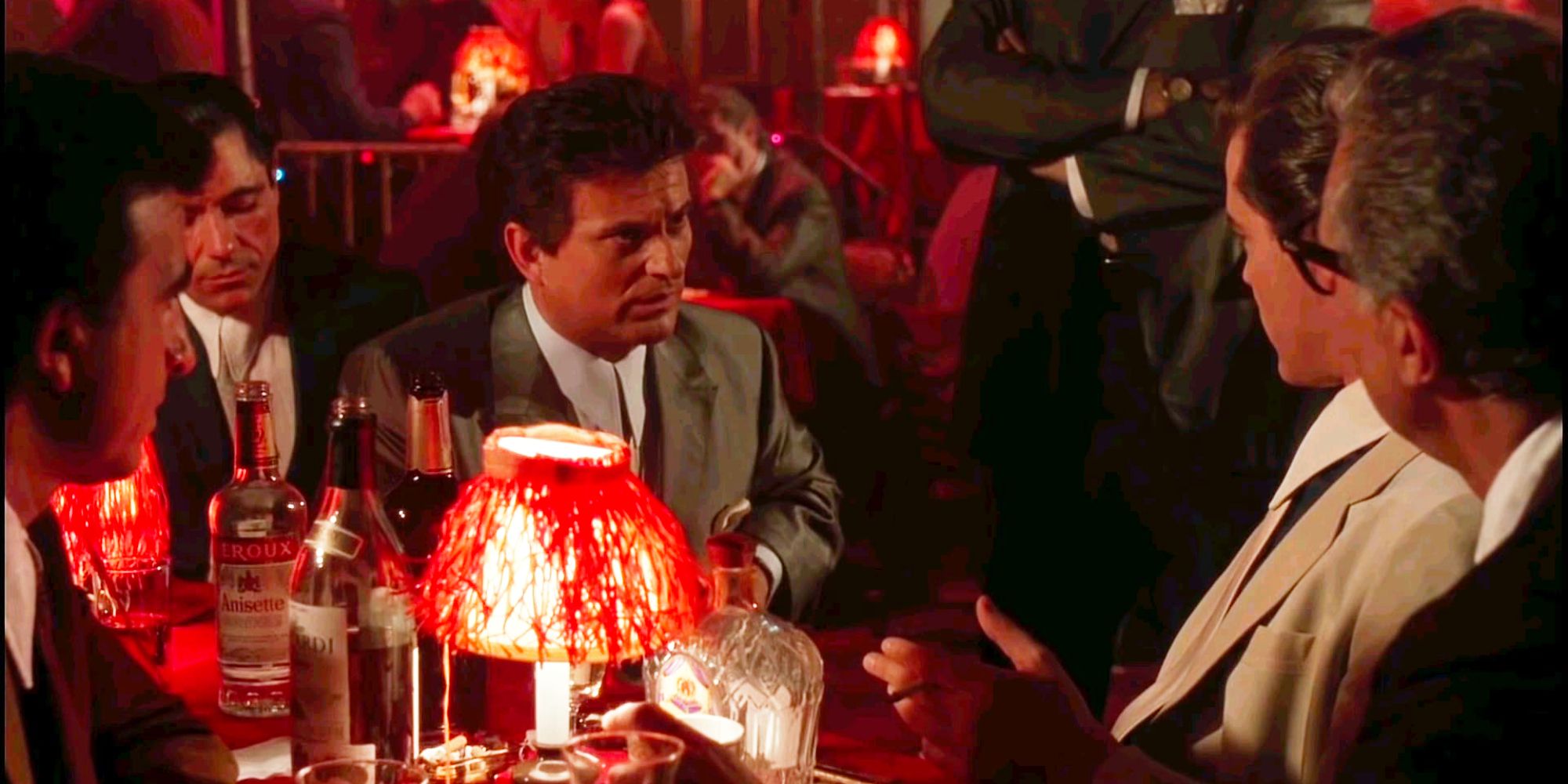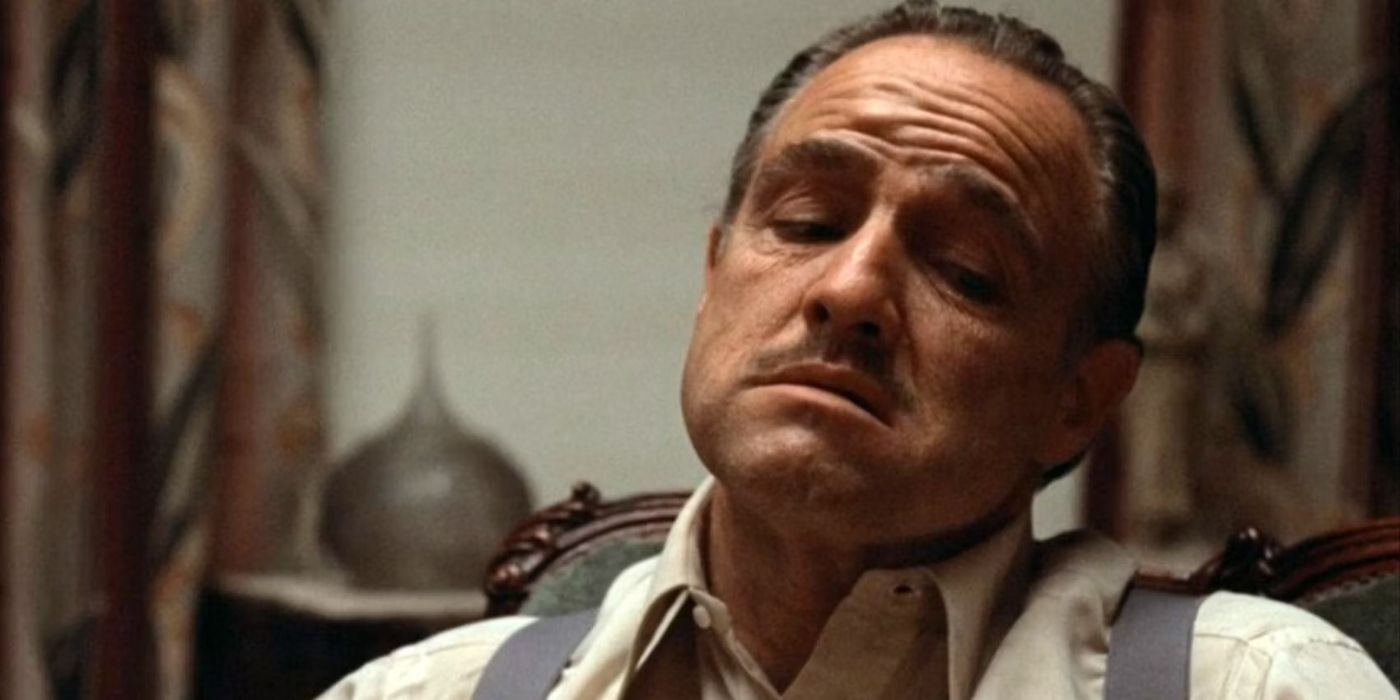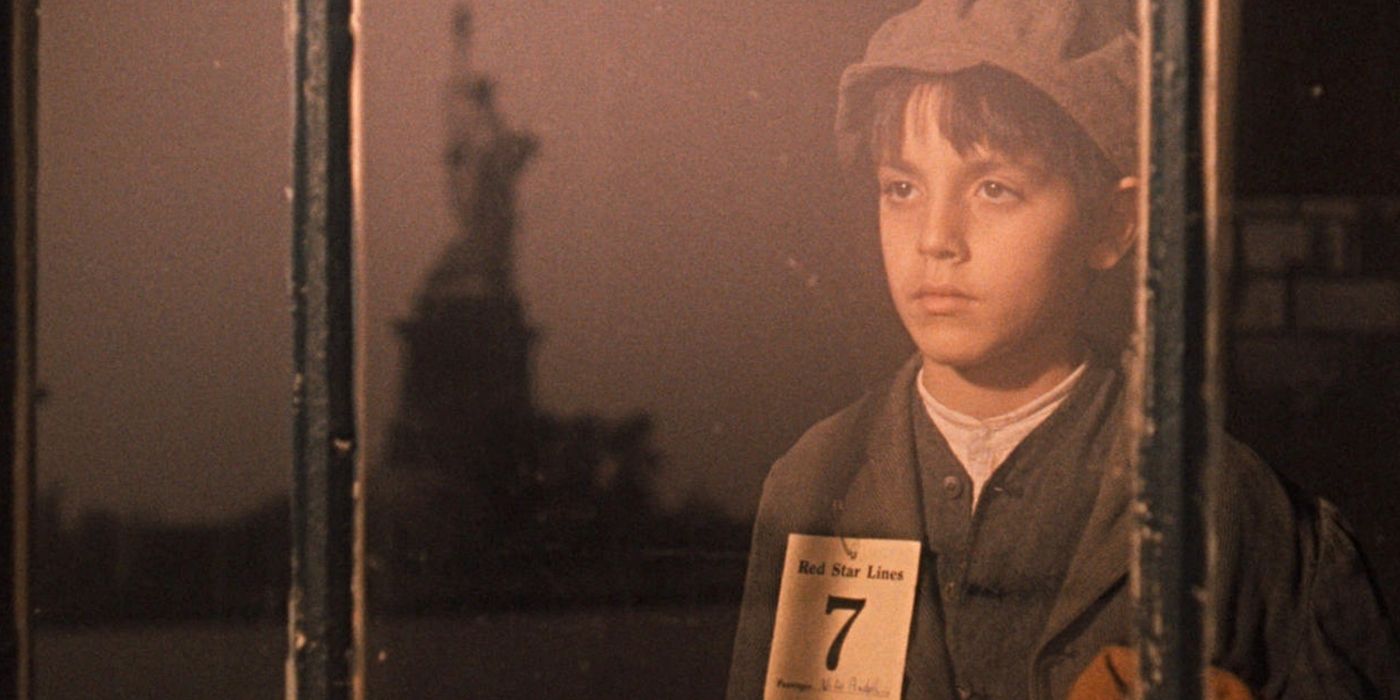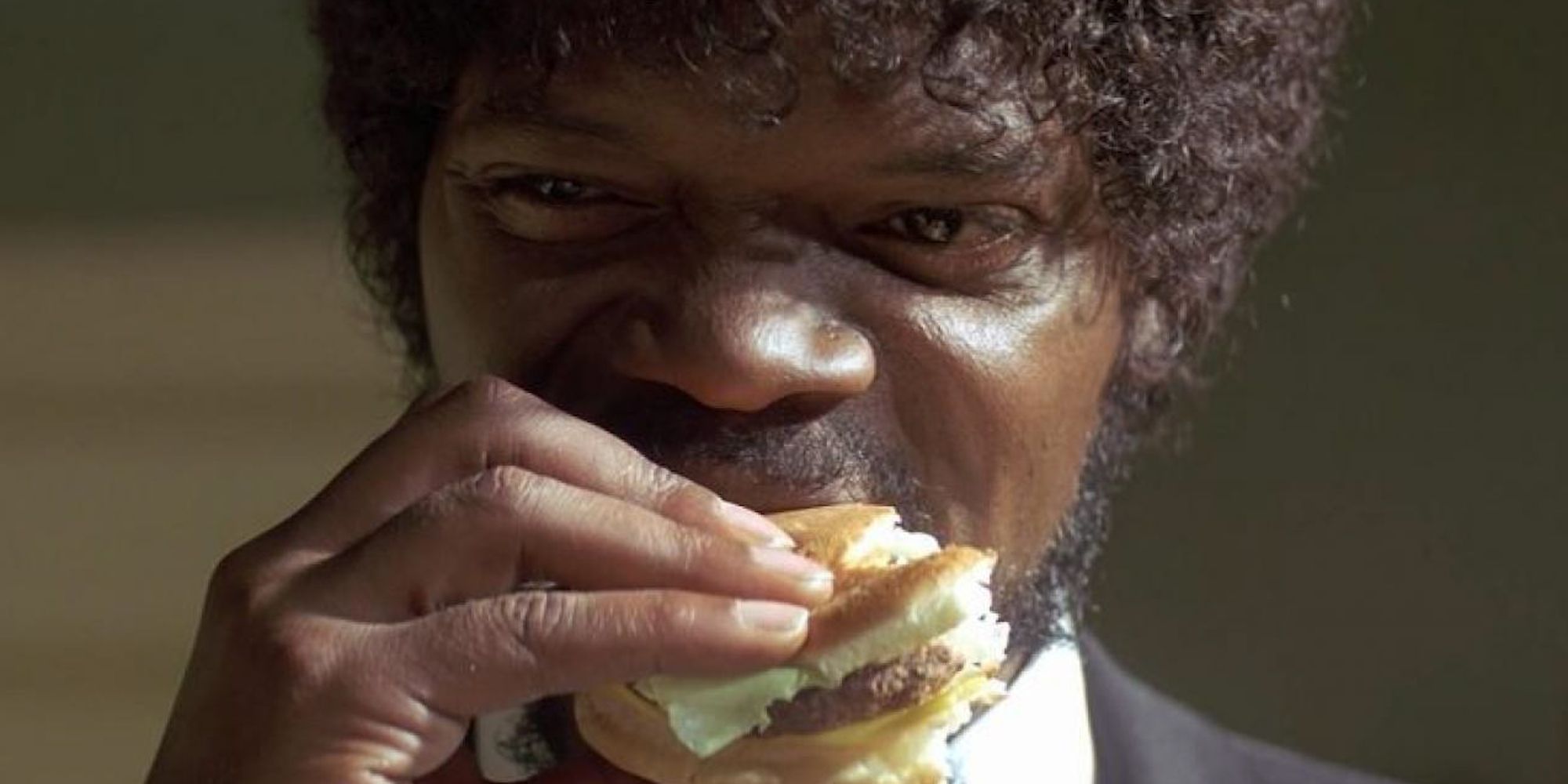While crime cinema has been a significant genre within the history of the medium, Hollywood has shown a particular affinity for the subgenre of gangster movies. Similar to the classic heroes and villains in Westerns, science fiction, and fantasy films, the characters in gangster movies feel larger than life. It takes the talents of great filmmakers and actors to bring these figures to life; however, like most films, it all comes down to a great script.
Indeed, the most famous gangster stories are still on the big screen, and a large reason behind their success is their iconic dialogue. Even those unfamiliar with Francis Ford Coppola’s gangster franchise can recognize the memorable lines delivered by Al Pacino’s Michael Corleone. These gangster movies are the most quotable in cinema, with a few of their most memorable lines becoming indelible parts of pop culture.
10 ‘Boyz n the Hood’ (1991)
Written by John Singleton
John Singleton broke Academy Award records when his debut feature earned him nominations for Best Director and Best Original Screenplay. Singleton’s youthful passion comes across in the dialogue of Boyz n the Hood, which reflects on the generational trauma felt by young men in a community thwarted by violence. The line by Doughboy (Ice Cube) that “either they don’t know, don’t show, or don’t care about what’s going on in the hood” reflects how the film’s characters feel when reflecting upon their collective experience.
Although it’s a great coming-of-age movie that prioritizes its youthful protagonists, many of the best lines in Boyz n the Hood came from Laurence Fishburne’s Furious Styles. Biting dialogues like “Only a real man can raise his children” and “You’re my only son, and I’m not going to lose you” are delivered with such emphatic purpose by Fishburne that they continue to resonate today.
Boyz n the Hood
- Release Date
- July 12, 1991
- Director
- John Singleton
- Cast
- Hudhail Al-Amir , Lloyd Avery II , Angela Bassett , Mia Bell , Lexie Bigham , Kenneth A. Brown
- Runtime
- 102 minutes
9 ‘The Departed’ (2006)
Written by William Monahan
A remake of the popular Hong Kong action thriller Infernal Affairs, The Departed perfectly recontextualized the cat-and-mouse crime saga within the parameters of modern-day Boston. With its roots in pulp gangster stories, The Departed’s screenplay evokes existential questions about its worldview through the memorable monologues delivered by Jack Nicholson’s Frank Costello.
Costello’s opening line, “I don’t want to be the product of my environment, I want my environment to be a product of me,” combined with The Rolling Stones’ “Gimme Shelter,” serves as an exciting start to the film. Although packed with shocking plot twists and horrific moments of violence, The Departed has a dark and prevalent sense of humor. Mark Wahlberg’s Staff Sergeant Sean Dignam has more than a few memorable one-liners, including, “My theory on feds is that they’re like mushrooms.”
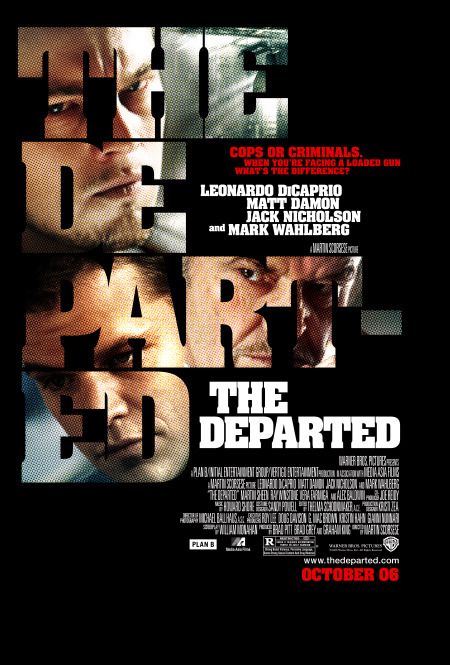
The Departed
- Release Date
- October 5, 2006
- Director
- Martin Scorsese
- Runtime
- 150 mins
8 ‘Bonnie & Clyde’ (1967)
Written by David Newman and Robert Benton
Hollywood went through a major shift in the 1960s as a new generation of younger filmmakers was given the opportunity to make subversive genre films. However, Bonnie & Clyde changed cinema overnight with its overt violence and graphic sexual content. Moreover, Bonnie & Clyde felt like a breath of fresh air because of its sharp, snappy dialogue. Rather than speaking like villainous gangsters, the outlaws Bonnie Parker (Faye Dunaway) and Clyde Barrow (Warren Beatty) spoke like the young teenagers that they were.
Bonnie and Clyde’s masterful screenplay challenged the audience to relate to its malicious antiheroes as they spoke about their anxieties about being remembered. Clyde’s remark to Bonnie, “You made me somebody they’re gonna remember,” offered insight into how he wants his legacy to be handled in the case of his death. The entire screenplay is packed with similarly disturbing lines that speak to the film’s existential themes.
Bonnie and Clyde
- Release Date
- July 18, 1967
- Director
- Arthur Penn
- Runtime
- 111 minutes
7 ‘Get Carter’ (1971)
Written by Mike Hodges
While action cinema was growing more prominent in the 1970s, Mike Hodges’ brilliant revenge film Get Carter essentially created the modern gangster neo-noir thriller. Set within a gritty version of London’s criminal underground, Get Carter centers on the stone-faced gangster Jack Carter (Michael Caine) as he seeks revenge for the death of his brother.
While Carter himself isn’t the most verbose character, he does offer a few memorable quotes to his enemies before dispatching them in a ruthless fashion. “You know, I’d almost forgotten what your eyes looked like,” he remarks at one point. The lack of dialogue from Carter makes each of his lines land with more impact as the viewer eagerly anticipates what he’ll say next. Get Carter would go on to be influential in many modern neo-noir thrillers, such as the John Wick franchise and Drive.
6 ‘Chinatown’ (1974)
Written by Robert Towne
While its production was not by any means easy, Chinatown has ensured itself as a classic thanks to the brilliant screenplay by Robert Towne, which some cinephiles consider to be among the best ever written. Set in Los Angeles during the 1930s, Chinatown centers on the private detective Jake Gittes (Jack Nicholson) as he investigates a conspiracy linked to California’s water supply.
Iconic lines such as “Your wife got excited, she crossed her legs a little too quick, you understand what I mean, pal?” indicate the standoffish manner in which Jake treats his clients. The remark, “Forget it, Jake, it’s Chinatown,” is one of the most iconic closing lines in cinematic history and is essential to the film’s bleak ending. In the years since the film’s initial release, the line has been parodied in everything from the Pixar film Inside Out to a hilarious episode of The Simpsons.

Chinatown
- Release Date
- June 20, 1974
- Director
- Roman Polanski
- Runtime
- 130 minutes
5 ‘Scarface’ (1983)
Directed by Brian De Palma
While the 1932 film of the same name was a classic of its time, Brian De Palma’s hyper-violent remake of Scarface became one of the most controversial films ever made and nearly earned an X-rating from the MPAA. Al Pacino’s performance as Tony Montana was critically acclaimed, but Scarface also featured a brilliant screenplay by Oliver Stone, who used the gripping crime epic to craft a powerful message about the cyclical violence within America’s drug war.
Scarface has no shortage of memorable lines of dialogue, introducing the now-iconic one-liner “Say hello to my little friend,” which has been parodied countless times in the subsequent years. However, Tony’s line, “In this country, you gotta make the money first, then when you get the money, you get the power,” may serve as an even more incendiary indictment of America’s infrastructural inequality.
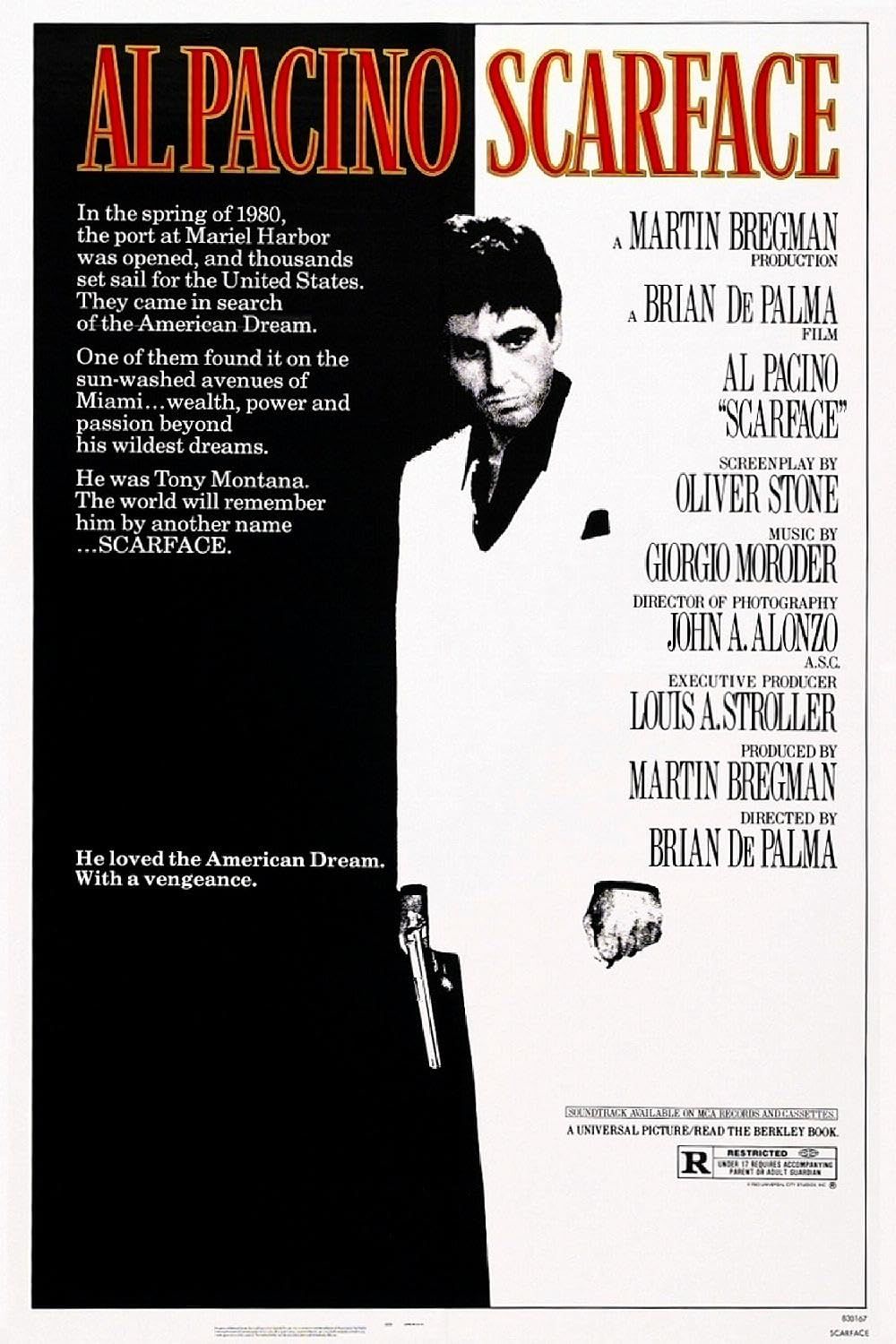
Scarface
- Release Date
- December 9, 1983
- Cast
- Al Pacino , Steven Bauer , Michelle Pfeiffer , Mary Elizabeth Mastrantonio , Robert Loggia , Miriam Colon
- Runtime
- 170 minutes
4 ‘Goodfellas’ (1990)
Written by Nicholas Pileggi and Martin Scorsese
Goodfellashas one of the most iconic opening lines in cinematic history, as Henry Hill (Ray Liotta) remarks, “As far back as I can remember, I always wanted to quote a gangster.” This instantly iconic line is the perfect way to contextualize Martin Scorsese’s energetic look at the rise and fall of a mafia organization. Goodfellas humanized gangsters in a way that hadn’t been seen before in cinema; it’s among the few films Scorsese directed in which he also contributed to the screenplay.
While Scorsese and his co-screenwriter Nicholas Pileggi deserve credit for their brilliant wordplay, many of the most memorable exchanges in Goodfellas were improvised. Tommy’s iconic speech in which he berates Henry for calling him “funny” was improvised by Joe Pesci. The incorporation of dark humor into an already bleak dark story is one of the main reasons why Goodfellas stands out compared to other gangster films of the era.
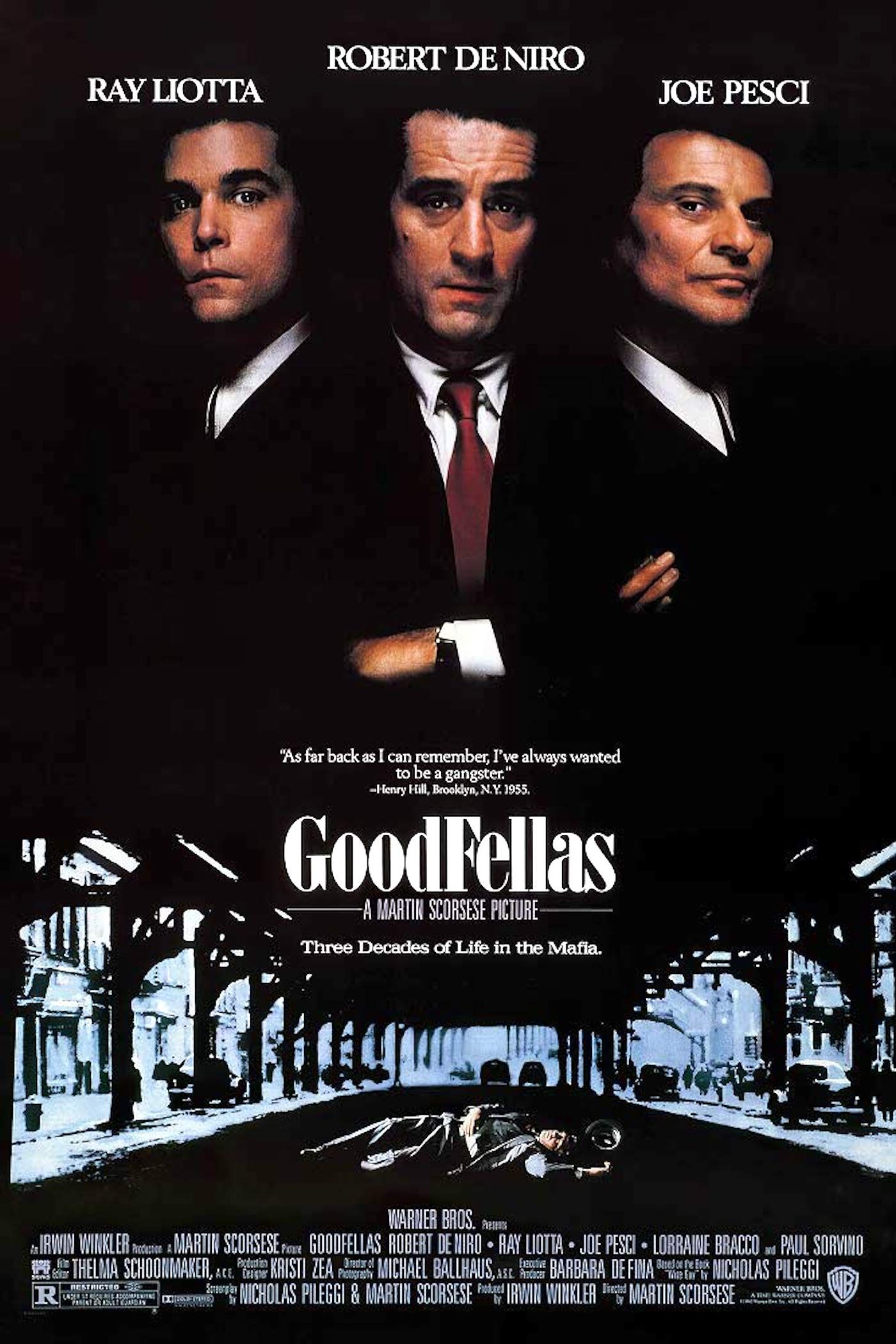
Goodfellas
- Release Date
- September 12, 1990
- Director
- Martin Scorsese
- Runtime
- 145 minutes
- Writers
- Nicholas Pileggi , Martin Scorsese
3 ‘The Godfather’ (1972)
Written by Francis Ford Coppola and Mario Puzo
Often regarded as one of the greatest films of all time, The Godfather also has one of the best screenplays ever written. Mario Puzo, who penned the novel of the same name that inspired the film, worked with Coppola to craft an epic American tragedy about the rise and fall of one family.
Lines like “I’m going to make him an offer he can’t refuse” and “A man who doesn’t spend time with his family can never be a real man” are the reasons why The Godfather has gone down as one of the most quotable crime movies ever. Although it does a great job of fleshing out its gangster world, The Godfather succeeds at crafting a moving portrait of an American family. Among the most emotional conversations in the entire film are between Michael (Pacino) and Sonny (James Caan) as they discuss the fate of their father, Vito (Brando).
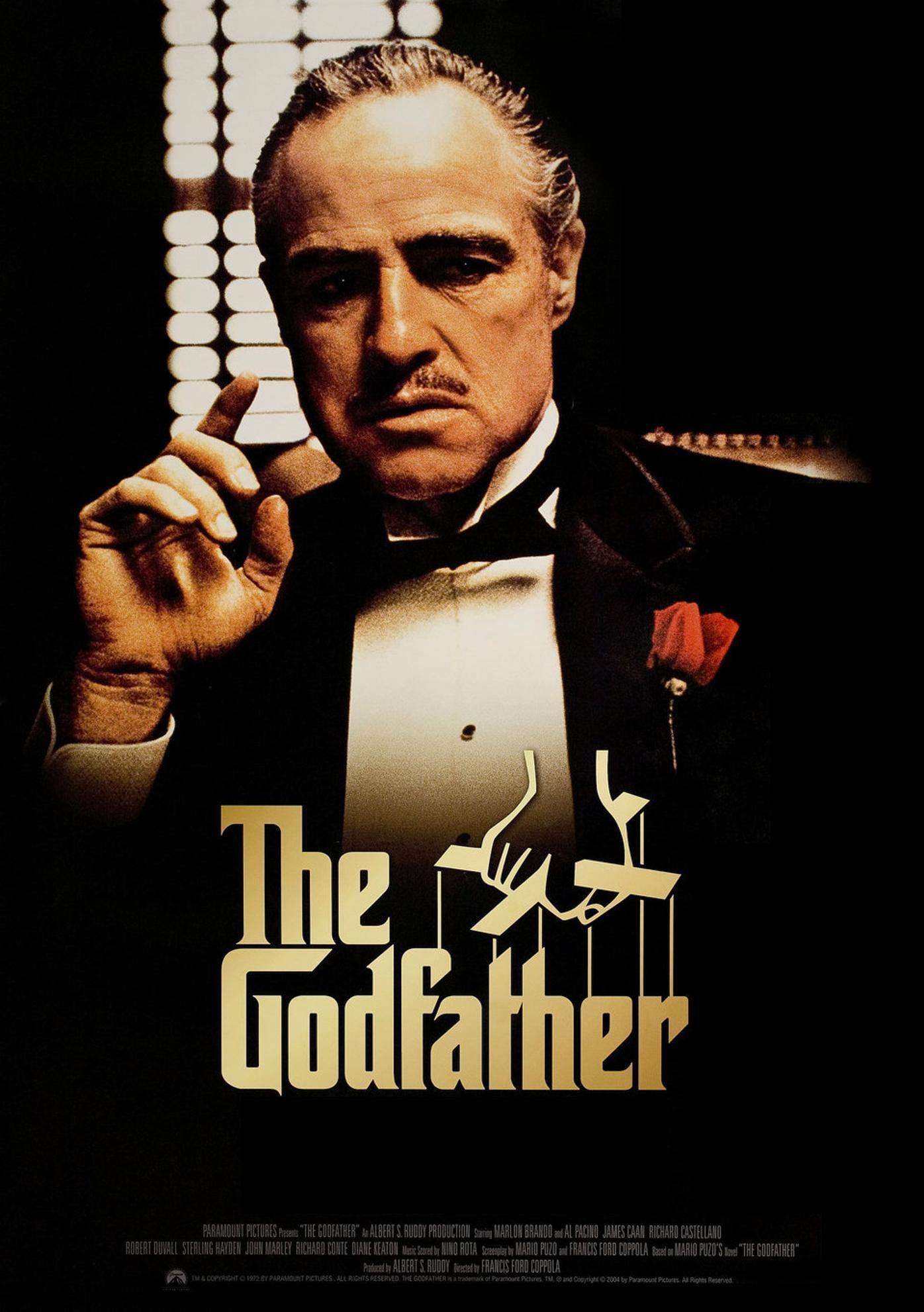
The Godfather (1972)
- Release Date
- March 14, 1972
- Director
- Francis Ford Coppola
- Runtime
- 175 minutes
2 ‘The Godfather Part II’ (1974)
Written by Francis Ford Coppola and Mario Puzo
While the first two installments in Coppola’s gangster epic are perfect films, The Godfather: Part II may be even more quotable than its predecessor. This is partly due to the film’s divergent narrative structure; while half of the film is a sequel that explores Michael’s exploits in the aftermath of the first The Godfather’s ending, the other half is a prequel that explores a young Vito’s (Robert De Niro) immigration to the United States from Sicily.
Both the prequel and sequel segments of The Godfather: Part II are endlessly quotable, showing how the Corleone family’s values have evolved throughout a generation. Lines like “Your country ain’t your blood, remember that” and “I know it was you, Fredo, you broke my heart” speak to the bleak view of human nature that Coppola presents with his masterful sequel.
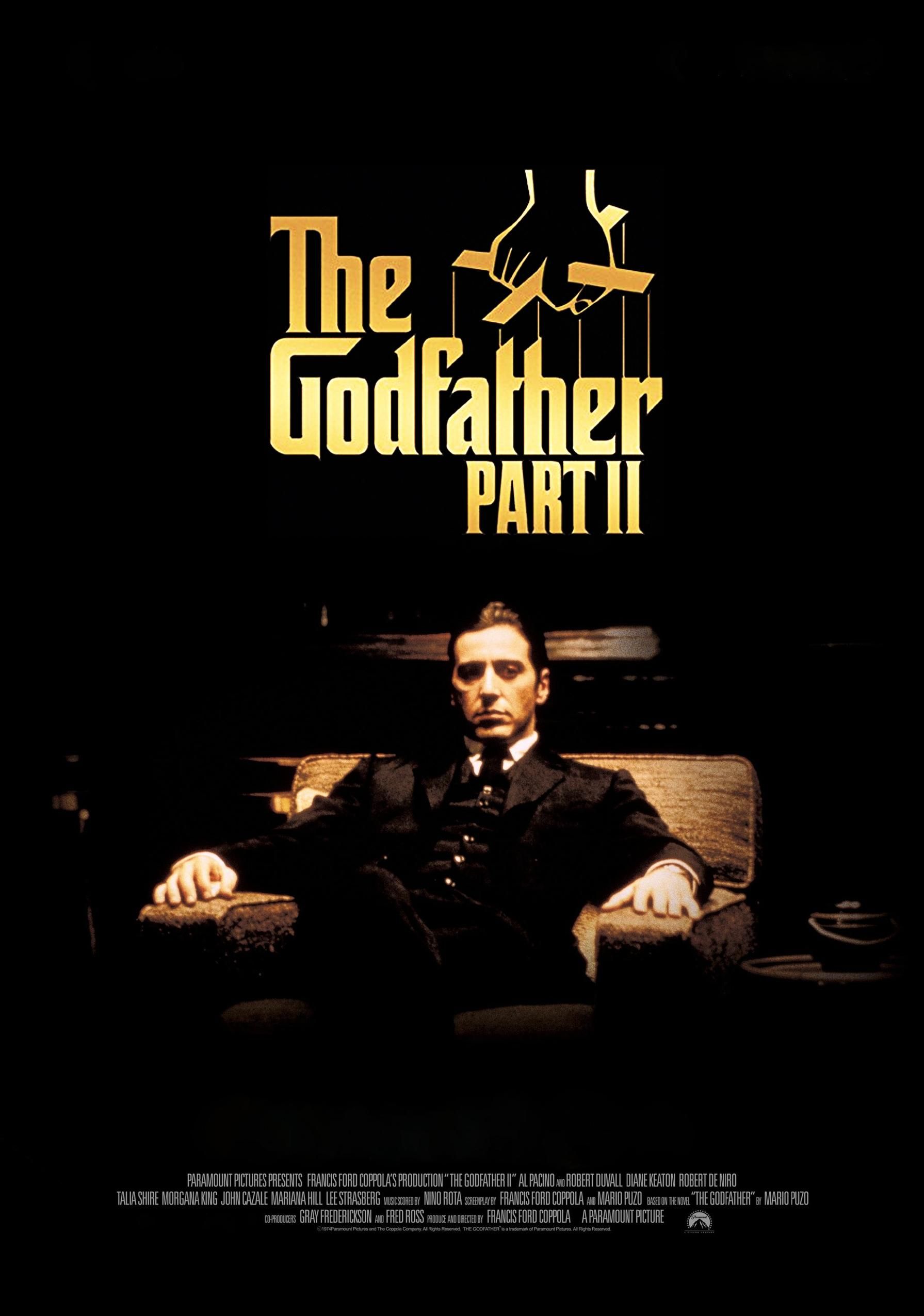
The Godfather Part II
- Release Date
- December 20, 1974
- Director
- Francis Ford Coppola
- Runtime
- 202
1 ‘Pulp Fiction’ (1994)
Written by Quentin Tarantino and Roger Avary
Quentin Tarantino‘s filmography is filled with quotable films, but Pulp Fictionmay have more iconic lines than any other film of the 1990s. While Tarantino had made a name for himself with his breakthrough directorial debut, 1992’s Reservoir Dogs, Pulp Fiction became significantly influential in the development of independent gangster movies.
The film has moments of bluntly comic violence—Vincent Vega’s (John Travolta) line, “Oh man, I shot Marvin in the face!”—and serious monologues—Jules Winnfield’s (Samuel L. Jackson) now-iconic speech about the “righteous man.” Funny, profound, and at times emotional, Pulp Fiction has one of the most well-rounded screenplays ever written. In the subsequent decades, many aspiring filmmakers attempted to replicate the same snappy, “Tarantino-esque” dialogue from the Academy Award-winning script for Pulp Fiction.


